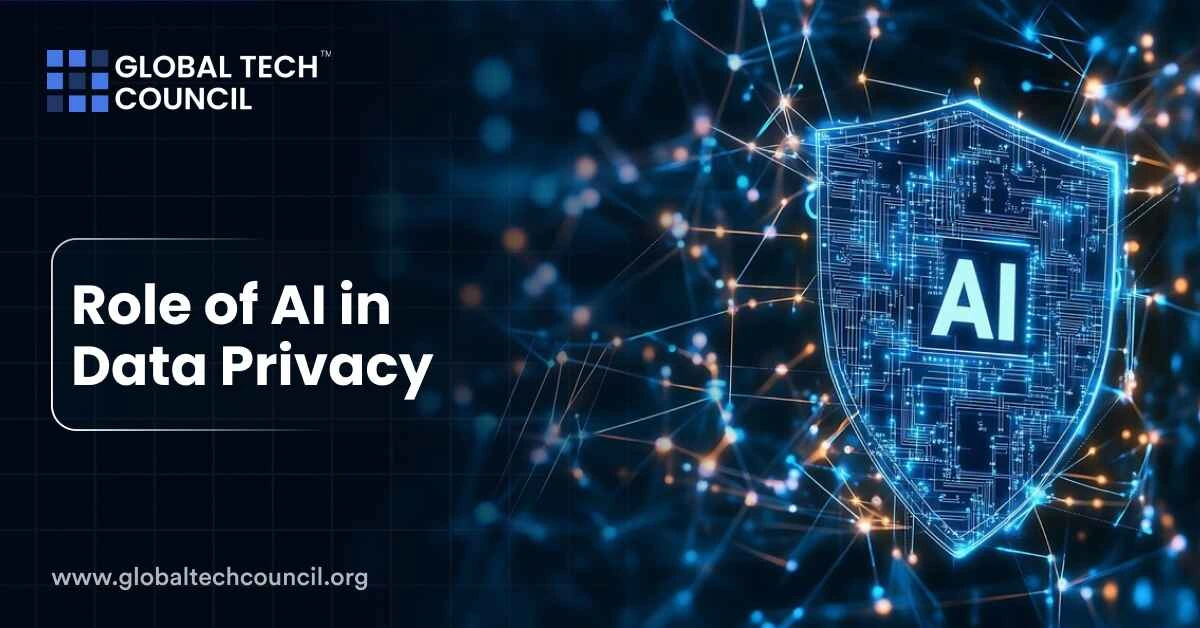
Artificial intelligence (AI) is changing how personal data is kept safe, bringing in fresh ways to ensure privacy.
Transforming Data into Anonymous Sets
Using AI, data can be made anonymous, letting businesses analyze information without putting personal details at risk. For example, synthetic data creation produces datasets that mimic real ones but lack genuine personal identifiers. This technique allows companies to conduct analysis while ensuring people’s details stay private.
Training Models Without Centralizing Data
A method called federated learning trains AI models directly on multiple devices, avoiding the need to gather raw information in a central location. This keeps personal data on individual devices, lowering the risk of leaks. For example, Google’s Gboard uses this technique to improve typing predictions without recording what users type.
Protecting Privacy with Statistical Noise
Adding statistical “noise” to datasets is another technique AI uses to maintain privacy. Known as differential privacy, this approach makes it hard to trace specific details back to individuals. Apple uses it in its iOS system to gather insights while keeping users’ identities anonymous. This allows the company to analyze trends without compromising privacy.
Securing Confidentiality in Healthcare
AI supports medical research and diagnosis without exposing patient identities. For example, DeepMind worked with Moorfields Eye Hospital to use AI for analyzing eye scans to detect diseases. The data was anonymized, ensuring patients’ details stayed protected throughout the process. To know more about AI and its impact on Data Privacy, consider getting expert-led AI certifications by the Global Tech Council.
Sharing Data Safely Across Organizations
AI has made it easier for businesses to share information securely. An Australian start-up, DataCo, developed a platform that lets organizations share data while meeting strict privacy rules. For instance, ANZ Bank plans to use this platform to collaborate with other companies without risking data exposure.
Supporting Privacy Laws with AI Tools
Organizations use AI to meet data protection laws by tracking how data is used and flagging irregularities. For example, AI can monitor patterns in who accesses data and notify teams of any unusual behavior. This helps companies comply with rules like the General Data Protection Regulation (GDPR).
Addressing Concerns About Bias and Ethics
Even with its advancements, AI isn’t without challenges. Sometimes, AI systems can unintentionally pick up biases from their training data, leading to unfair outcomes. Making these systems transparent is key to ensuring trust and accountability.
At the same time, introducing AI into privacy practices raises ethical questions. Businesses must carefully weigh the advantages of AI against the need to protect people’s rights and freedoms.
Ongoing Development and Ethical Use
AI’s ability to boost privacy is clear, especially with tools like anonymization, federated learning, and noise-based privacy techniques. Its practical use in healthcare and finance shows how innovation can work hand-in-hand with data protection. However, there’s still much work to do, especially in addressing ethical concerns and making AI tools more trustworthy.